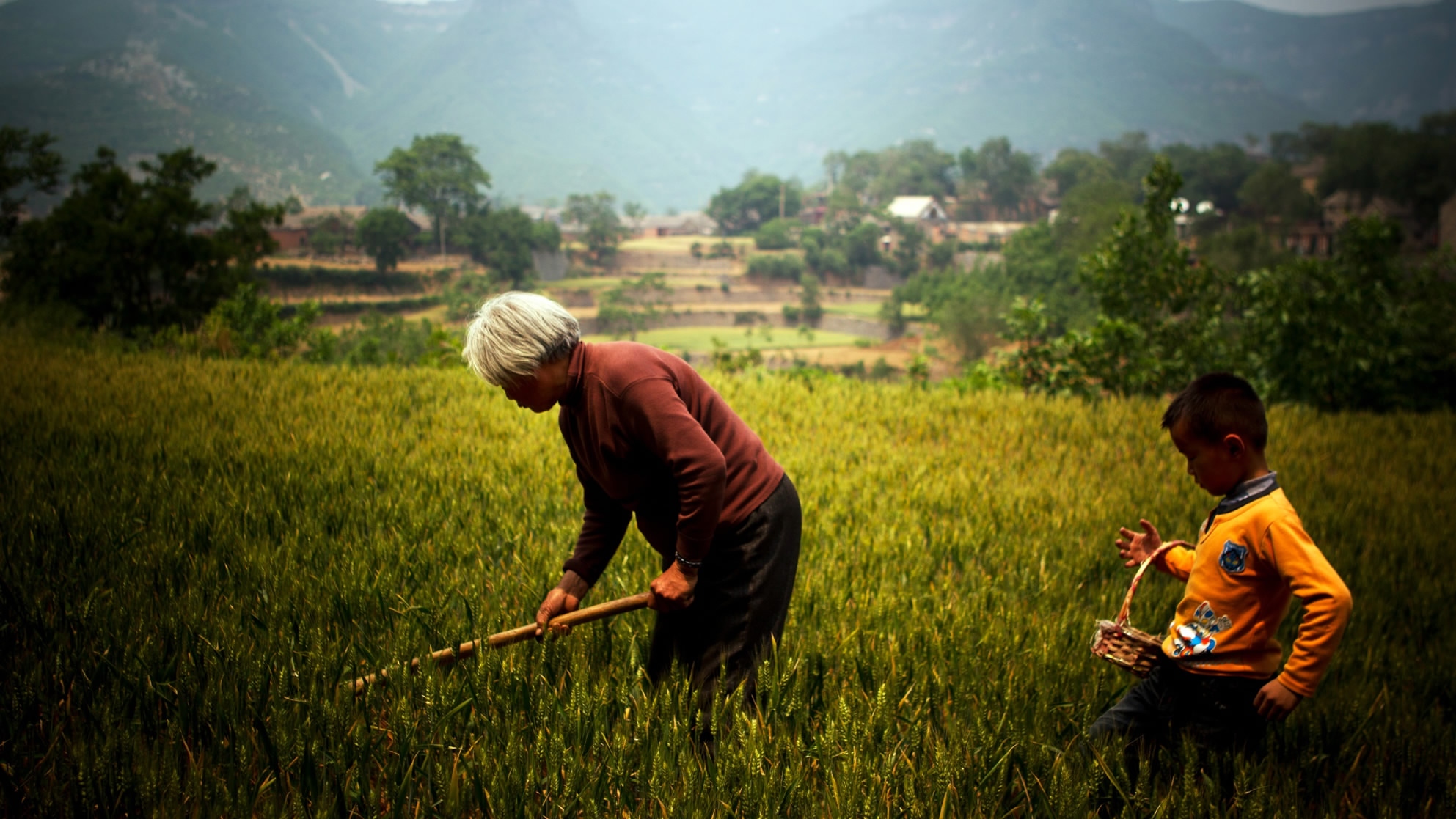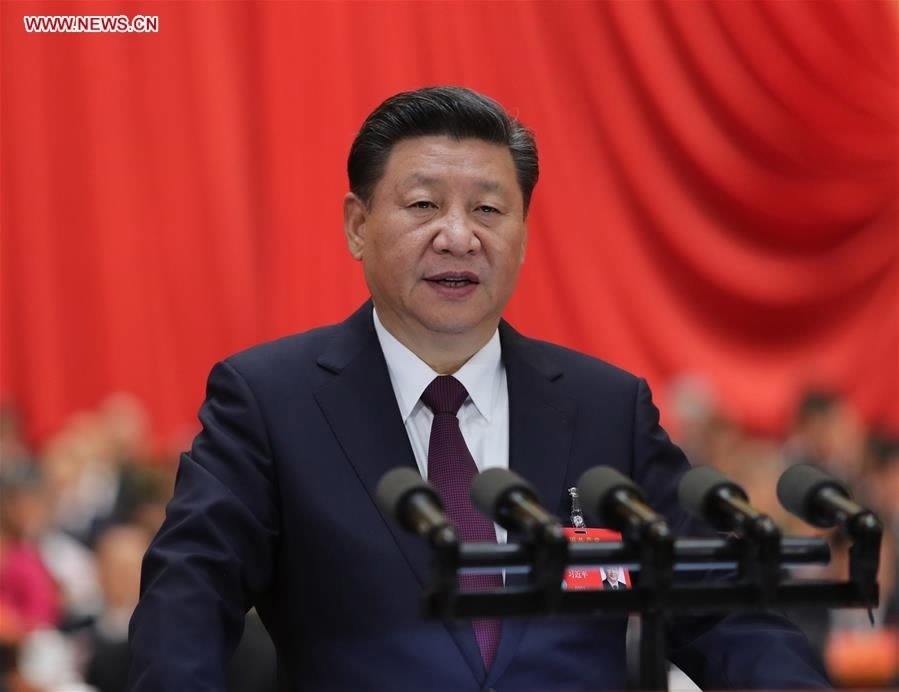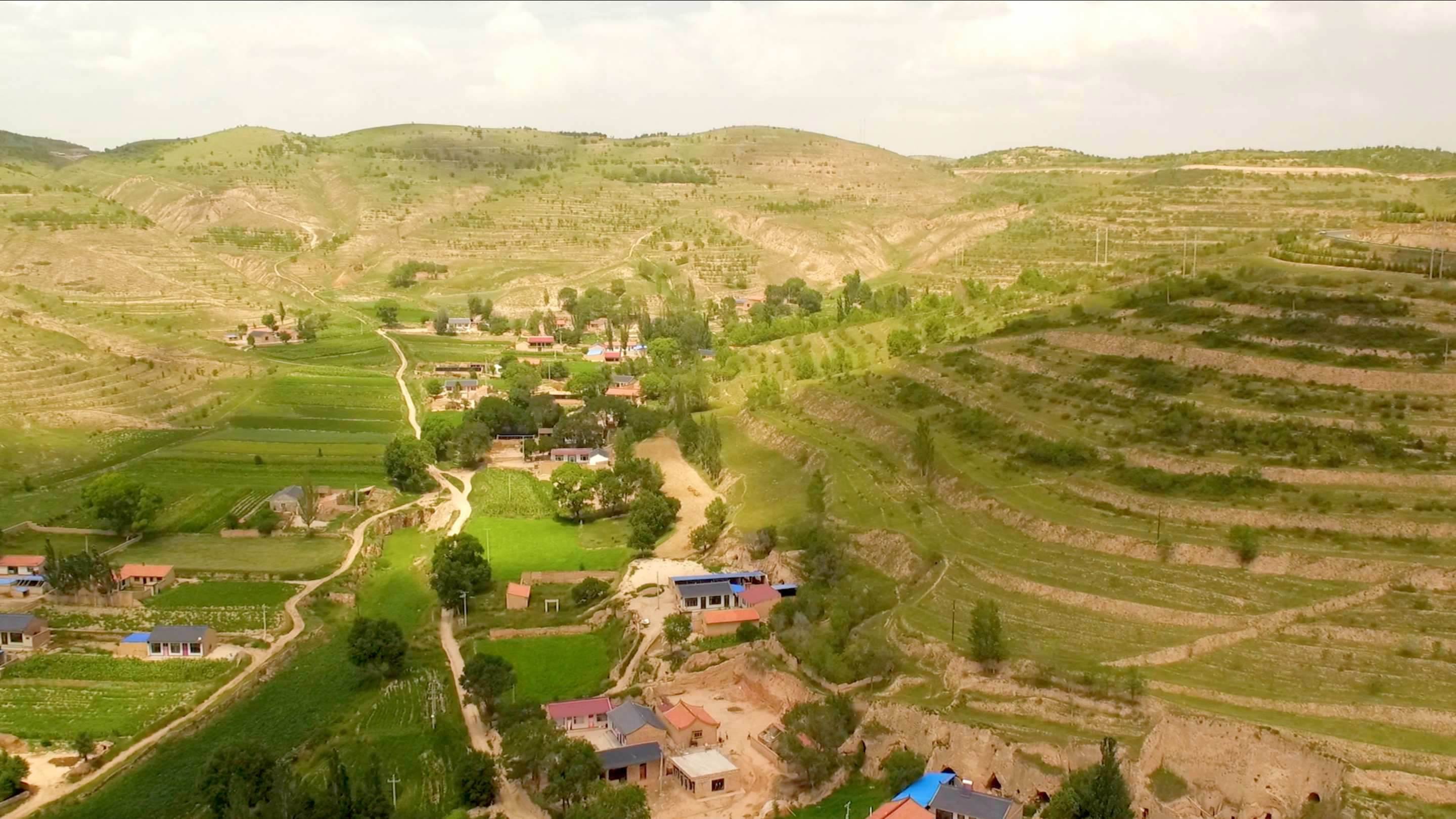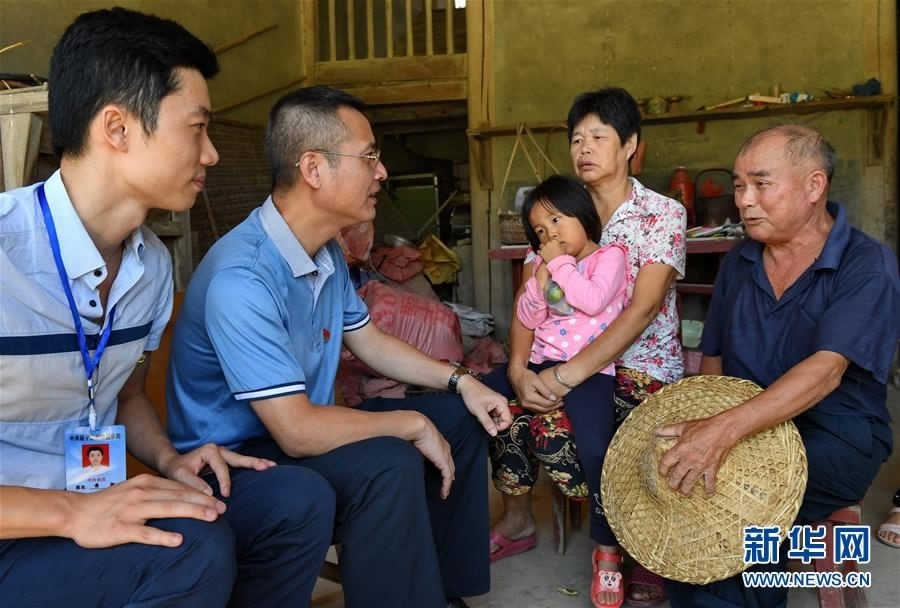
Opinions
11:12, 21-Oct-2017
Closing gaps: Evening the urban–rural playing field
Guest commentary by Laurence Brahm

Questions of economic distortions and imbalances have topped the list of concerns at the 19th National Congress of the Communist Party of China (CPC).
Despite China’s nearly four decades of accelerated growth, such progress has been imbalanced, creating economic gaps and social stress. While urban areas have economically advanced, rural villages have been left abandoned to the aged as young and middle aged have sought opportunity in coastal regions, where transport and social services are now stretched.
“Issues relating to agriculture, rural areas, and rural people are fundamental to China as they directly concern our country’s stability and people’s wellbeing,” Xi Jinping, General Secretary of the CPC Central Committee, stated addressing the issue headlong during his speech opening the 19th CPC National Congress in Beijing on October 18.

Xi Jinping delivers a report to the 19th CPC National Congress on behalf of the 18th CPC Central Committee in the Great Hall of the People in Beijing, capital of China, October 18, 2017. /Xinhua Photo
Xi Jinping delivers a report to the 19th CPC National Congress on behalf of the 18th CPC Central Committee in the Great Hall of the People in Beijing, capital of China, October 18, 2017. /Xinhua Photo
China’s vast rural population has historically been the backbone of the CPC. Mao Zedong’s revolution was built upon the promise of rural empowerment. Starting from 1946, the CPC distributed land holdings to rural farmers, which at the time was considered self-empowering.
However, with the phenomenal growth of urban and coastal regions over the past three decades, the rural interior has been left behind. Rural residents have not received the same access to medical and pension care as urban residents, who are attached to work unit or enterprise. Such frustrations have been a source of social volatility and can exacerbate if not addressed.
In order to zero gaps, the CPC must create an even playing field between both rural and urban areas. In doing so, Xi presented a blueprint to the 19th CPC National Congress. “To build rural areas with thriving businesses, pleasant living environments, social etiquette and civility, effective governance, and prosperity, we need to put in place sound systems, mechanisms, and policies for promoting integrated urban-rural development, and speed up the modernization of agriculture and rural areas.”
This means bringing rural residents on par with urban in terms of rights. Ownership is key. Core to this is land use.

Farmland in northwestern China’s Gansu Province. /CGTN Photo
Farmland in northwestern China’s Gansu Province. /CGTN Photo
Farmers still “collectively” own land, which cannot be held individually, whereas urban residents can purchase property in their name possessing leasehold right that can be mortgaged or sold. Xi addressed this long standing problem directly, “We will consolidate and improve the basic rural operation system, advance reform of rural land system, and improve the system for separating the ownership rights, contract rights, and management rights for contracted rural land.” In short, this requires creating urban centers in rural areas that function under the same property rights system, moreover offering the same services from health care to finance to farmers that are available to city residents.
Meanwhile, urban residents often resent rural migrants even though they fill essential gaps in services and industry. The problem is that urban areas now suffer from transport bottlenecks, as urban infrastructure systems are exceedingly overstretched – no matter how modern. Urban residents put the blame on migrants. Such congestion has intensified social friction while creating pollution issues that threaten health security and overburden the medical system.
“We will create networks of cities and towns based on city clusters, enabling the coordinated development of cities of different sizes and small towns, and speed up work on granting permanent urban residency to people who move from rural to urban areas,” promised Xi in his opening address highlighting this challenge.
Xi addressed these social and economic distortions by calling for development of China’s vast interior, to eliminate the last pockets of poverty.

Officials who led the poverty-relief work visit resident's house in Nanping City, Fujian Province, September 14, 2017. /Xinhua Photo
Officials who led the poverty-relief work visit resident's house in Nanping City, Fujian Province, September 14, 2017. /Xinhua Photo
While China has lifted some 700 million people out of poverty over the past four decades of reform and opening-up, there are still some 43.35 million who have been left behind as of 2016.
An entire program of re-invigorating the interior was at the core of Xi’s agenda, rehabilitating rural villages by creating new ecological cities that have the amenities, health, welfare and social services that will draw migrants returning to their roots for opportunity.
“We will promote the integrated development of the primary, secondary and tertiary industries in rural areas, support and encourage employment and business startups there, and open up more channels to increase rural incomes. We will strengthen basic services in rural communities,” Xi promised.
As ambitious as it sounds, shrinking social and income gaps to even the economic playing field between coast and interior is essential for China to assure social stability and support of the CPC’s original constituency – the rural farmer who is now left behind.
(Laurence Brahm is a founding director of the Himalayan Consensus Institute and a Senior Fellow with the Center for China and Globalization. He has lived and worked in China for 25 years and is the author of over 20 books on the Asian region. His work covers a wide spectrum from economic development reform in China and Southeast Asia to Tibetan new age travel. He is the author of Zhu Rongji and the Transformation of Modern China and China as No. 1. His books on Tibet include Searching for Shangri-la: Off the Beaten Track in Western China and Conversations with Sacred Mountains: A Journey along Yunnan's Tea Caravan Trail. The article reflects the author's opinion, and not necessarily the views of CGTN.)

SITEMAP
Copyright © 2018 CGTN. Beijing ICP prepared NO.16065310-3
Copyright © 2018 CGTN. Beijing ICP prepared NO.16065310-3